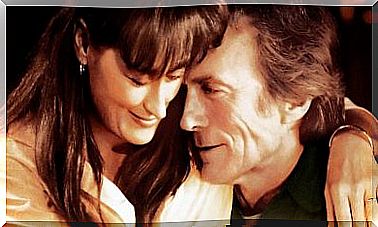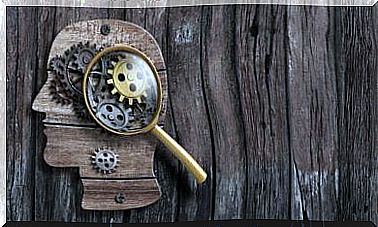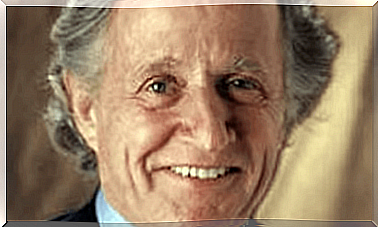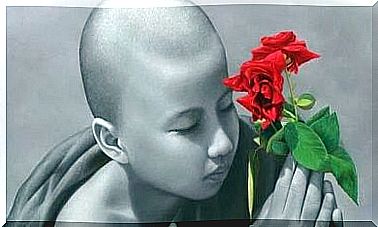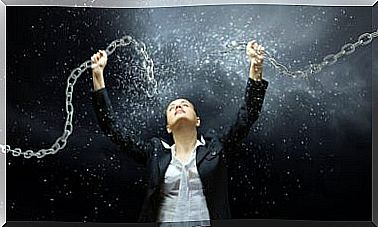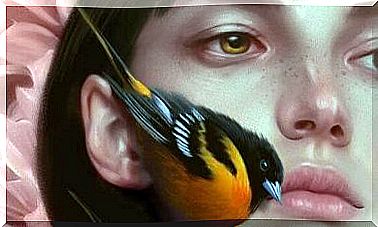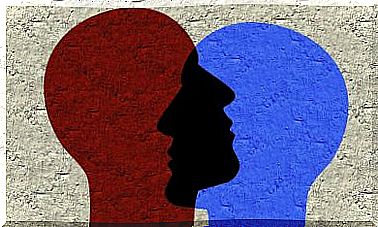I Can’t Cry When I Want To, But Sometimes I Cry When I Don’t Want To

Crying is an infinitely complex and very moving act. In fact, science still provides an incomplete answer when trying to explain why crying happens. Furthermore, in humans this is a reaction associated with strong emotional states, whether it is happiness or sadness. In some animals, which also drop tears from their eyes, we believe the motivations are the same.
Crying is practically the first way we have to communicate with the world. It is the basis of our communication during the first months of life. A way of saying “I’m here” and “I need others”; precedes and transcends verbal language.
Every healthy human being knows what it is to cry. Sometimes we cry for a suffering that we cannot express in words and sometimes because laughter crosses a threshold that turns into tears. Sometimes we cry with emotion and even without knowing why.
When I want to cry I can’t
Many people believe that crying is a symbol of weakness and is therefore rejected in macho or overly authoritarian environments. It is associated with the feminine and, therefore, it can be a reason for disrespect. However, even the most macho warriors started their lives crying. And if you don’t allow yourself to cry during your life, it’s an act of repression, not an unwillingness.
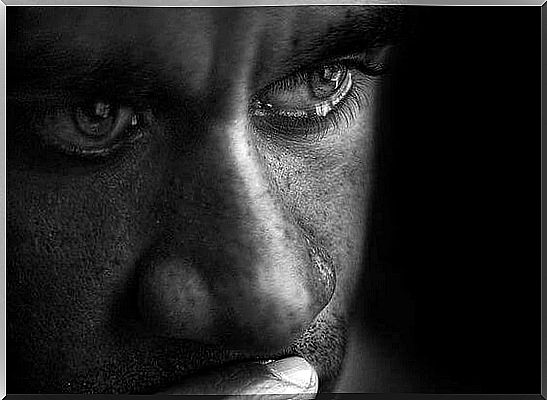
There are times when we feel full of tears, but often there is a force we can’t identify that keeps the tears from falling from our eyes and making their way down our faces. At such times we feel cloudy, like a sky full of gray clouds, and we don’t know exactly why. Often this force that stops our tears has to do with the fear we feel of our own emotions: we are afraid to start and not be able to stop crying.
The title sentence of this article reproduces a poem by Rubén Darío: “Youth, divine treasure, / that goes not to return / When I want to cry, I don’t cry …/ and sometimes I cry without meaning to… ” That’s how we feel in those moments of life where it takes strength to go on, but a tear calls us to take a break.
And sometimes you cry without knowing why…
You cry without knowing why because you haven’t invested the necessary time to allow the stored suffering to surface in a healthy way. We are talking about a suffering that is hidden under all the tasks you write down in your calendar and manifests itself in all of them, because you didn’t have a specific time to be the protagonist and be healed.
You don’t cry over what oppresses you, but instead you might cry when you hear the national anthem or when you watch a TV commercial that in another emotional state would have seemed terribly silly.
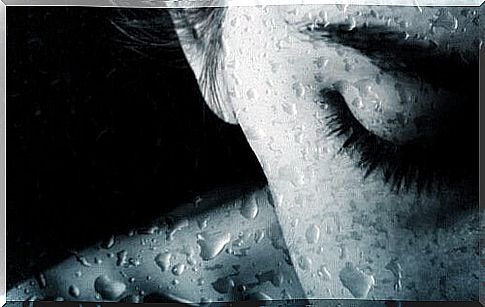
Perhaps what makes you cry is a melody, a reading, or even a dog. When there is unresolved suffering, anything can trigger that naughty tear to appear when you least expect it.
Furthermore, in times of great internal transformations, tears can arise at any time. Every big change means saying goodbye to another time that will no longer exist and, even though it was full of bad times, it had a great meaning in your life. In times of change we become very sensitive to everything, and tears often come for no specific reason.
Long live the cry!
Crying is always a healthy act. First, because it transforms an internal pressure into an expression of our inner world. It’s good because crying releases an inner force, lets it out, and produces a feeling of release and, to some extent, comfort. Crying brings with it an emotional release and thus creates a sense of well-being.
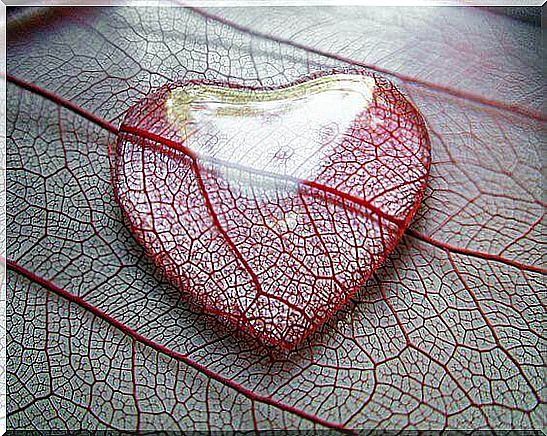
There is one fact that remains curious. Emotional tears have a different composition than “basal tears”. Basal tears are those we produce when the eye needs to be lubricated, or when it is irritated (for example, when cutting onions). Science has found that emotional tears have more proteins and more hormones associated with stress. So the idea that crying sets you free is a science-based statement.
Crying is also a language, a form of communication. Tears appear when words are not enough to define an emotion. Like, for example, when you achieve something that is decisive for your life, or when you witness any act that turns every fiber of your being. This is why crying is said to be highly complex, as it is associated with very deep emotions, and yet there is no theory to fully explain it.
Those who brag about not crying suffer from what can be defined as emotional illiteracy. Psychoanalyst Jean Allouch says that we live in an age where people don’t want to cry, even when there are clear reasons and enough reasons to do so. He also suggests that this limitation may underlie many forms of depression. Crying is not a sign of weakness but of spontaneity. Therefore, we can say without fear: Long live the cry!
